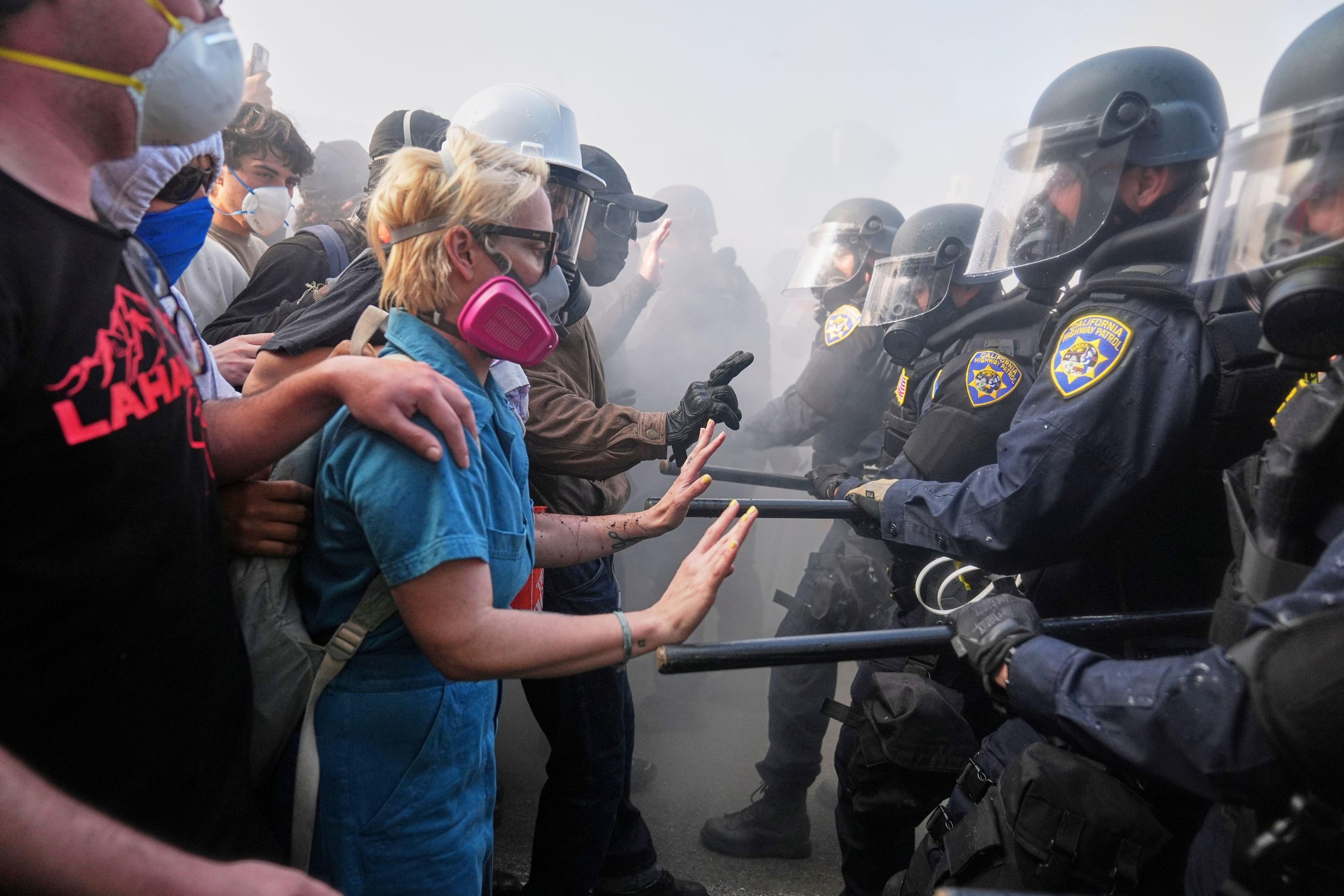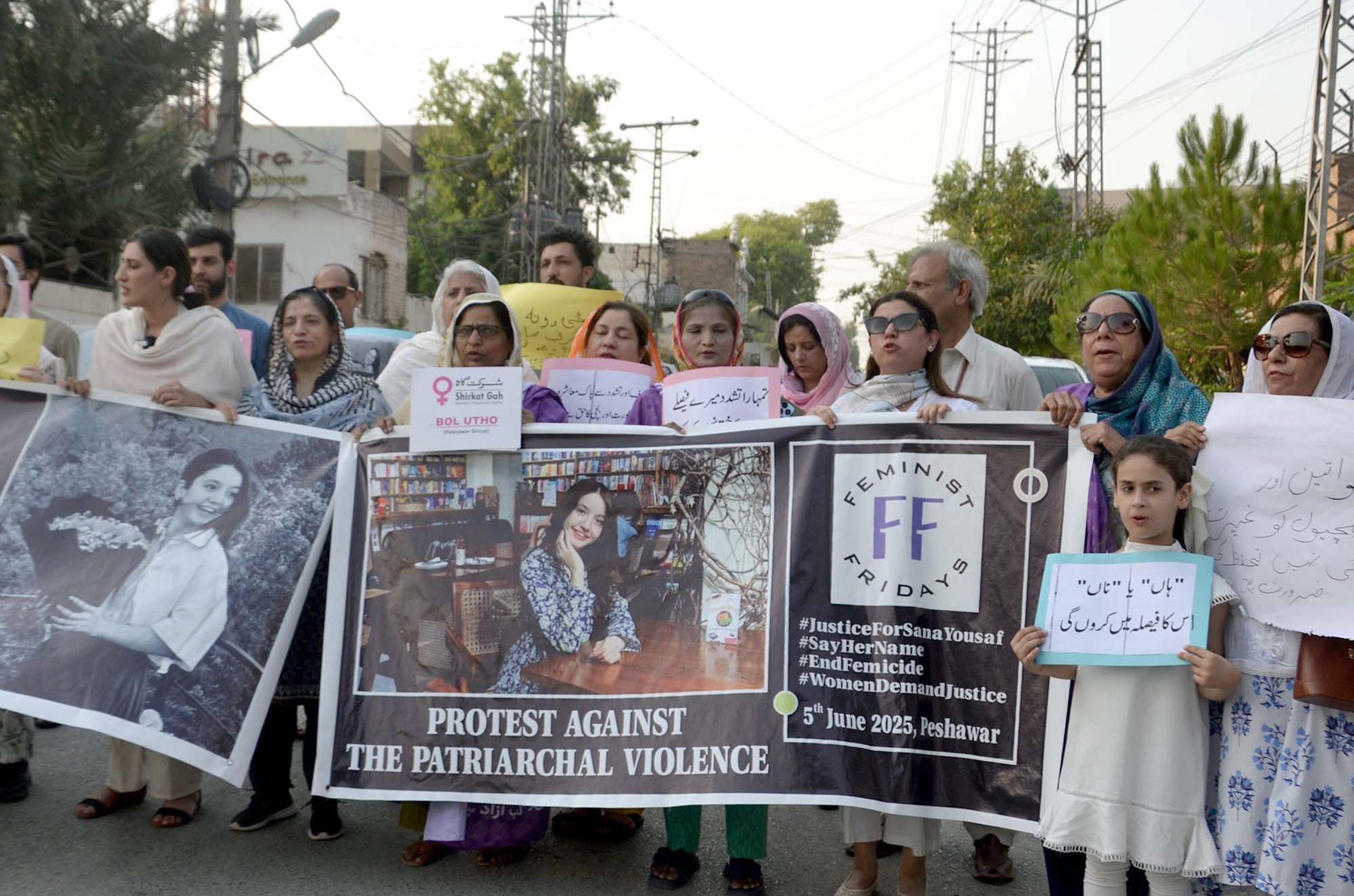Two bullet trains collided on 23 July in Wenzhou, Zhejiang province, killing at least 38 people and injuring 192. In a country where people don’t trust the official news media — favouring internet posts and microblog reports instead — widespread public distrust greeted the initial news reports. This skepticism has been vindicated by the release of a series of state propaganda directives that have leaked online.
Reuters reported yesterday that news organisations have been told only positive angles should be presented on state TV and media. This has led to press reports on the thousands of blood donors in Wenzhou rushing to the scene and free taxi services to help transport the injured and family members looking for the injured.
Even though two Beijing outlets have denied following orders, it is clear that they have been directed to focus on “miracles” including the rescue of the 2-year-old Xiang Weiyi, who was saved after being trapped for 21 hours. David Bandurski, at the China Media Project, released a link to the directives, which asked the media not to focus on the tragedy, but rather to present upbeat stories. Reporters were instructed not to go to the scene, and not to focus stories on the burying of destroyed train carriages. This quick cover-up was quickly pounced on as conspicuous by Chinese journalists who were active online. They raised many questions about what the government is concealing from the public.
But state media cannot ignore the issues and questions that were raised by countless Chinese reporters at the Railways Ministry press conference following the accident. The spokesperson said that the reason for the collision would be revealed after the State Council’s investigation team had published their results. China Central Television’s (CCTV) anchor Bai Yansong, renowned or his patriotic yet balanced views, had raised this idea on his CCTV show, News 1+1:
We’re in a vicious cycle… if we can’t get close to the State Council’s investigation group, but yet we have to wait for news from the Railways Ministry … then we will continue to distrust the Railways Ministry.





